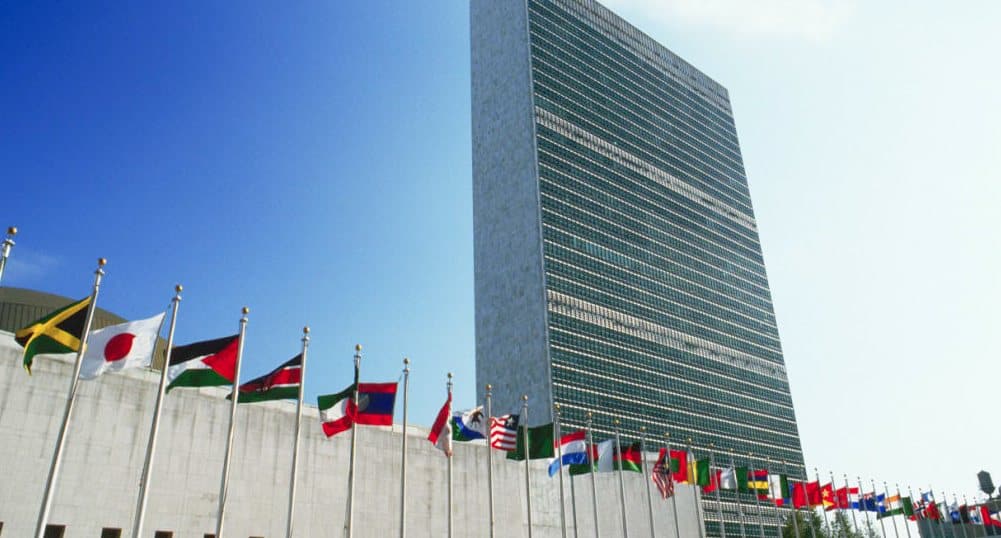The United Nations General Assembly is preparing to negotiate a draft of the UN Cybercrime Convention, which aims to counter the use of information and communications technologies for criminal purposes.
The draft has entered its final phase of negotiations.
The convention has the potential to develop numerous policies on a global scale with important significance for human rights, especially in terms of privacy and freedom of expression online.
Media briefing
To shed more light on the implications of the convention and the role of the multistakeholder approach in shaping its outcomes, KICTANet, a multi-stakeholder think tank for ICT policy and regulation in Kenya, will be part of a panel of experts from Human Rights Watch, Access Now, ARTICLE 19, Electronic Frontier Foundation (EFF), and Privacy International on Aug 23 at 6:30 p.m. BST. ( 08:30 PM EAT).
They will share their insights on how the proposed treaty could threaten your privacy and freedom of expression online, and how you can get involved in advocating for a more inclusive and equitable internet for everyone.
Without strong human rights safeguards, the draft treaty could severely undermine the privacy, freedom of expression, and other fundamental rights of millions of people, in particular journalists, activists, and people and groups who face discrimination and marginalization.
Speakers at the briefing include experts on human and digital rights who are participating in treaty negotiations as observers.
They will highlight concerns emerging in the first week of the treaty’s sixth negotiating session, where the draft text will be reviewed.
The panellists are:
- Deborah Brown, Senior Researcher and Advocate on Technology and Rights at Human Rights Watch, she focuses on the human rights implications of emerging technologies, such as artificial intelligence, biometrics, and digital identity.
- Raman Jit Singh Chima, Asia Policy Director and Senior International Counsel at Access Now, where he leads the organization’s work on digital rights in Asia-Pacific and advises on global policy issues such as internet shutdowns, encryption, and net neutrality.
- Victor Kapiyo, Lawyer and Human Rights Defender at Kenya ICT Action Network (KICTANet), a multi-stakeholder think tank for ICT policy and regulation in Kenya. He works on issues such as digital accessibility, data protection, cybercrime, and internet governance.
- Katitza Rodriguez, Policy Director for Global Privacy at Electronic Frontier Foundation (EFF), where she monitors and analyzes global privacy developments and advocates for strong privacy protections around the world.
- Carey Shenkman, Human Rights Attorney at Article 19, where he leads the organization’s work on international law and cybercrime. He is also an expert on freedom of expression and national security issues.
- Ioannis Kouvakas (Moderator), Senior Legal Officer and Assistant General Counsel at Privacy International, where he oversees the organization’s litigation and legal advocacy on privacy and surveillance issues.
______________________________________________________________________
![]()




